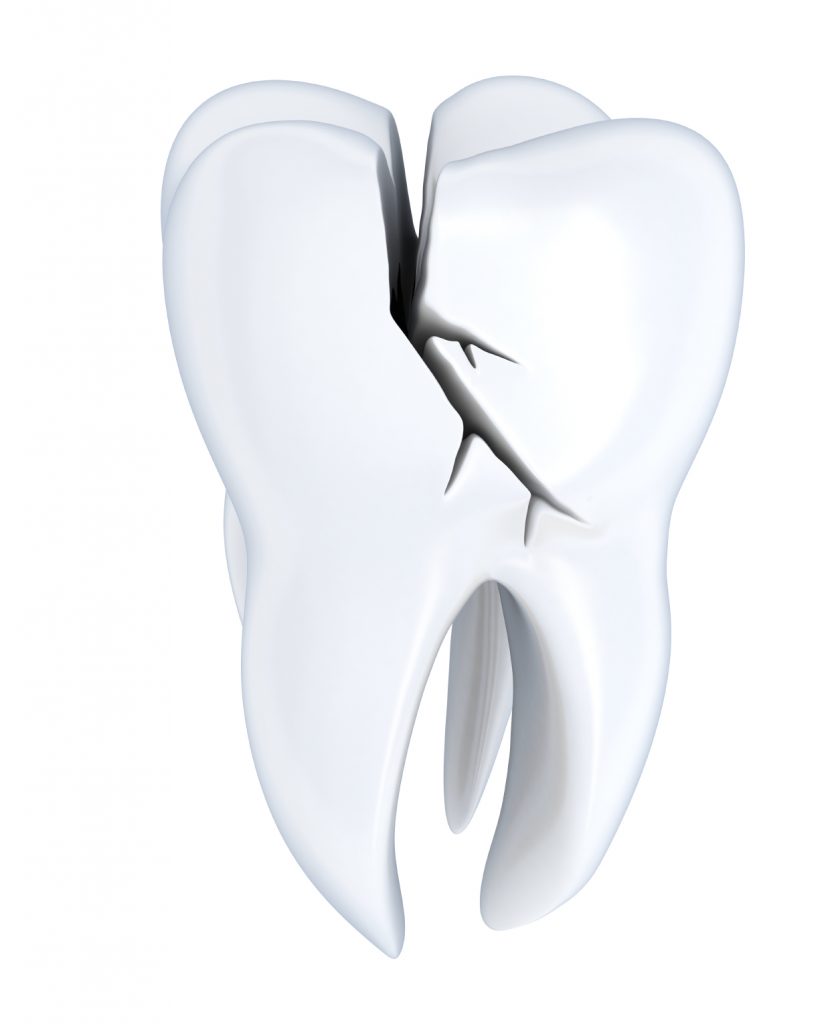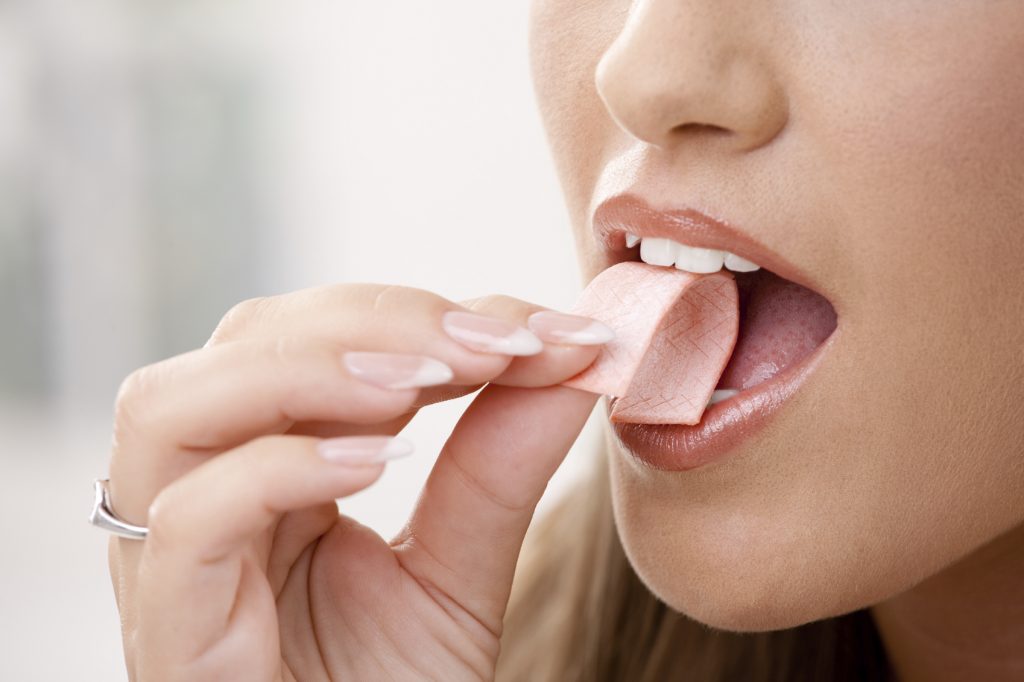
Let’s say you sprained an ankle. What are your first steps? Most of us probably would say something along the lines of plop down on the nearest couch, ice the ankle, elevate it, add some compression, and see a doctor if it’s a bad sprain.
But what about a dental emergency, like a broken tooth? What’s your first step? Don’t be surprised if you don’t know. Most of us aren’t that familiar with the recommendations. But after this post, you’ll be the go-to source if it happens.
So, what exactly is a dental emergency? A dental emergency is any event that warrants immediate care to save a tooth, stop bleeding from the mouth, or relieve tooth or mouth pain. Some of the most common examples we see at Dental & Implant Care Center include a cracked or knocked-out tooth or a toothache.
Tips for Treating Common Dental Emergencies
We see our fair share of dental emergencies here in Bell and we’re equipped to handle them all. If you or a family member experience any of these, call us as soon as possible, and we’ll let you know if you’ll need to see one of our dentists.
Knocked-out tooth. For adults, place the tooth in the socket without touching the root; if that’s not possible, place the tooth between your check and gums, in milk, or in ADA-approved tooth-preservation solution. It’s crucial to keep the tooth wet. For children with baby teeth, come to our office as soon as possible; do not try to place the tooth in the socket.
Cracked tooth. Rinse your mouth and place an ice pack on your face to reduce the swelling. Wrap the tooth up in wet gauze or a towel and bring it to the office.
Toothache. Use warm water to rinse your mouth, and gently floss to remove any food. If you note any facial swelling (which may signal infection), come to our office or your healthcare provider as soon as possible.
Bitten tongue or lip. Clean the area with a cloth or rinse your mouth with water. Apply an ice pack to the area. If the bleeding doesn’t slow, come to our office or go to the ER.
Tips for Preventing Emergencies
Taking the right measures can keep your teeth safe. Here are a few easy precautions you and your family can take each day:
- Use scissors or a tool, rather than your teeth, to open or cut items
- Wear a mouthguard when playing high-impact sports, like football, basketball, and soccer
- Wear a helmet when using a bike, scooter, or skateboard
- Never chew hard foods, like ice and hard candy
- Help young children keep toys and small items out of their mouths
Need more information? Give us a call or send us an email. Everyone at Dental & Implant Care Center is happy to answer any questions you have!
If you would like to find out more about dental emergencies, contact Dr. Ahmadi at 323-312-0500 to schedule a consultation or visit www.dentalimplantcare.com for additional information.
Dr. Mike Ahmadi proudly serves Bell and all surrounding areas.

